eCommerce is evolving, and people prefer to purchase online. Physical store business owners are moving online. Even new startups are directly jumping to online stores. This creates a great demand for online websites. Shopify is one of the best eCommerce platforms that includes all the aspects for carrying out a successful eCommerce business.
To build an online store, you need the help of a Shopify developer. When hiring a Shopify developer, assessing their knowledge and expertise in working with the platform is crucial. To ensure you find the right developer for your eCommerce needs, asking the right questions during the Shopify interview process is essential.
Top 15 Shopify Developer Interview Questions And Answers
When hiring a Shopify developer for your Shopify development project, consider asking the following Shopify interview questions to assess their skills, experience, and fit for the role:
1. Can you provide an overview of your experience with Shopify development?
This question during the Shopify interview process allows the developer to highlight their Shopify development experience and provide insights into their familiarity with the platform. You get to know about how long they have you been working with the platform and their level of expertise. Look for developers who have experience working specifically with Shopify. Shopify developers having familiarity with the platform ensures they understand its capabilities, limitations, and best practices for customization and development.
2. Have you worked on similar projects in the past? Can you share specific examples?
Ask potential developers to share their portfolio or examples of previous Shopify projects they have worked on, the roles they played, and the outcomes achieved. Review their past work to assess the quality, design, and functionality of their projects. Look for projects that align with your vision and demonstrate the developer’s ability to deliver the desired results.
Understanding, if the developer has worked on projects similar to yours can give you confidence in their ability to handle your specific requirements and challenges. Discuss any specific requirements or complexities of your project to gauge their understanding and ability to handle them.
3. What is your approach to customizing Shopify themes? Can you explain the process?
Customizing theme is a common task for Shopify developers. This question helps you gauge the developer’s knowledge of Shopify theme customization, familiarity with Liquid (Shopify’s templating language), and understanding of the overall customization workflow. Ensure the developer is proficient in editing Liquid templates, modifying CSS styles, and adding JavaScript functionality to tailor the store’s appearance and user experience.
4. How do you ensure a Shopify store’s performance is optimized?
Performance optimization is crucial for a successful e-commerce store providing a seamless user experience, improving conversion rates, and enhancing search engine visibility. Look for developers who mention techniques such as image optimization, code minification, caching strategies, lazy loading, reducing HTTP requests, database optimization, and CDN implementation to improve page load times.
5. Have you integrated third-party apps with Shopify? Which ones and how did you handle the integration?
Many businesses rely on third-party apps to enhance their Shopify stores. Assess the developer’s experience with integrating popular apps and their understanding of the challenges and best practices involved in such integrations. Look for developers who have experience integrating popular apps such as MailChimp, Klaviyo, or Bold Upsell, and can discuss the challenges they faced during integration.
6. Can you explain how you handle Shopify API integrations?
Shopify’s API allows developers to extend the platform’s functionality and create custom solutions. Inquire about the developer’s experience with Shopify API integrations, their understanding of authentication processes, and their ability to work with API documentation and API Requests and Responses. You can get an idea about their experience with Shopify APIs like REST Admin API or the Storefront API.
7. How do you approach responsive design in Shopify?
With the increasing prevalence of mobile commerce, responsive design is crucial to ensure a seamless experience across devices of various screen sizes. Look for developers who are familiar with Shopify’s responsive design principles and can discuss techniques like media queries, responsive themes and adapting layouts for different screen sizes.
8. How do you ensure the security of Shopify stores?
Ensuring the security of your Shopify store is crucial to protect customer data, prevent unauthorized access, and maintain the integrity of your e-commerce business. Ask if the developer is familiar with best practices for protecting customer data and preventing security breaches.
9. Have you worked with Shopify metafields? How did you use them in previous projects?
Metafields allow for custom data fields to Shopify objects like products, customers, or orders. Inquire about the developer’s familiarity with metafields and their ability to utilize them effectively for customizing and extending Shopify store functionality. A strong developer should have a good understanding of metafields and their use cases, such as storing additional product information or creating custom filters.
10. Can you explain your process for managing inventory in Shopify?
Inventory management is critical for e-commerce businesses for accurate stock tracking, preventing overselling, and ensuring smooth order fulfillment. Seek developers who can discuss their approach to inventory tracking, stock level notifications, and variant management within the Shopify ecosystem.
11. Have you implemented custom payment gateways in Shopify?
Some businesses require integration with payment gateways beyond Shopify’s built-in options. Look for developers who have experience integrating custom payment gateways, such as Stripe or PayPal, and can explain the process involved.
12. Have you created custom Shopify apps? If so, can you describe one of your projects?
Creating custom apps can extend Shopify’s capabilities. Look for developers who have experience developing Shopify apps and can discuss the app’s purpose, features, and challenges faced during development.
13. How do you handle version control and collaboration in Shopify development?
Efficient version control and collaboration practices are essential for smooth development workflows. Inquire about the developer’s experience with Git or other version control systems and their familiarity with collaboration tools like GitHub or Bitbucket.
14. How do you stay updated with the latest Shopify developments and best practices?
Shopify is continually evolving. Look for developers who demonstrate a commitment to staying up to date with the latest features, updates, and best practices in the Shopify ecosystem.
15. How will you collaborate and communicate with us?
Effective communication and collaboration are vital for successful project execution. Evaluate the developer’s communication skills, both verbal and written, to ensure they can articulate ideas and discuss technical concepts clearly. Inquire about their experience working in teams, their approach to collaboration, and how they manage project communication.
Final Say
Remember to adapt these questions based on your specific project requirements. Additionally, allow developers to showcase their problem-solving skills and give them an opportunity to ask questions about the project.
—————————————————————————————————————————————–
Frequently Asked Questions
(1) What is Shopify?
Answer: Shopify is an e-commerce platform that allows businesses to create online stores and sell products or services. It provides a user-friendly interface, a variety of customizable themes, and numerous features to help merchants manage their online businesses.
(2) What is a Shopify developer?
Answer: A Shopify developer is a professional who specializes in building and customizing online stores on the Shopify platform. They have expertise in web development, including HTML, CSS, and JavaScript, and they use Shopify’s APIs and tools to create unique and functional e-commerce websites.
(3) What skills should a Shopify developer have?
Answer: A Shopify developer should have a strong understanding of HTML, CSS, and JavaScript, as well as knowledge of Liquid, Shopify’s templating language. They should be familiar with Shopify’s API and have experience in customizing themes, creating custom functionalities, and integrating third-party apps. Additionally, knowledge of front-end frameworks like React or Vue.js can be beneficial.
(4) How do you customize a Shopify theme?
Answer: To customize a Shopify theme, you can modify its HTML, CSS, and JavaScript code. Shopify provides a theme editor where you can make changes directly, or you can download the theme files and edit them locally. The Liquid templating language is used to insert dynamic content and control the logic of the theme.
(5) How do you add functionality to a Shopify store?
Answer: You can add functionality to a Shopify store by using Shopify Apps or by creating custom code. Shopify has a wide range of apps available in its App Store that can be installed to add features and integrations. For more specific or unique functionalities, a Shopify developer can create custom code using Shopify’s APIs and webhooks.
(6) What is Liquid in Shopify?
Answer: Liquid is Shopify’s templating language. It allows you to insert dynamic content into Shopify themes and control the logic of the templates. Liquid tags and filters are used to perform actions and manipulate data, making it easy to create dynamic and personalized shopping experiences.
(7) What are Shopify sections?
Answer: Shopify sections are customizable blocks of content within a theme. They allow merchants to modify the layout and content of their store’s homepage and other pages without having to edit the underlying theme code. Sections provide a user-friendly interface for managing and arranging different content elements.
(8) How do you work with Shopify APIs?
Answer: Shopify provides a comprehensive REST API and GraphQL API that developers can use to interact with Shopify stores programmatically. You can use these APIs to create, read, update, and delete various resources such as products, orders, customers, and more. Shopify’s API documentation provides detailed information on how to make API calls and handle responses.
(9) How do you handle Shopify app integrations?
Answer: Shopify app integrations can be handled by leveraging Shopify’s API and webhooks. You can create a custom app that interacts with the Shopify API to access and modify store data. Webhooks can be used to receive real-time notifications from Shopify about events and changes in the store, allowing your app to respond accordingly.
(10) What is the difference between a Shopify theme and a Shopify app?
Answer: A Shopify theme is responsible for the overall look and feel of a Shopify store. It controls the layout, design, and functionality of the store’s front end. On the other hand, a Shopify app is a separate software application that extends the functionality of a Shopify store. Apps can be installed by merchants to add specific features or integrations to their stores.


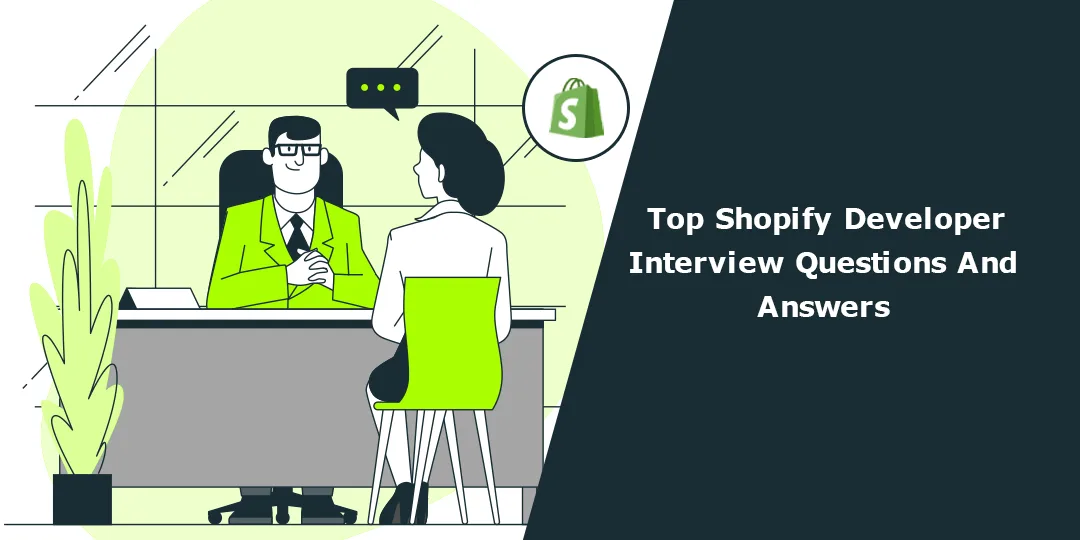
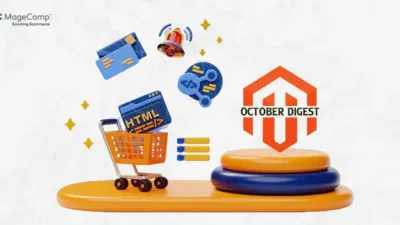


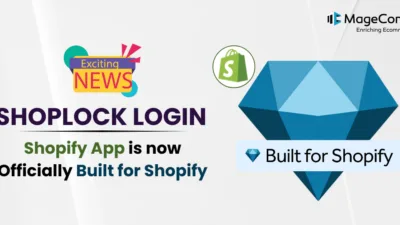
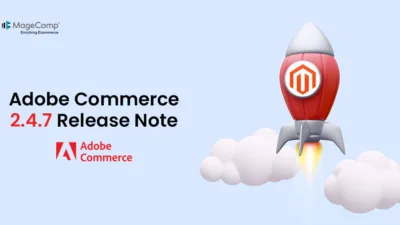
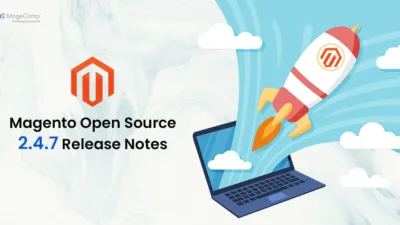
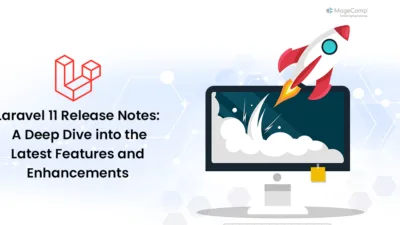
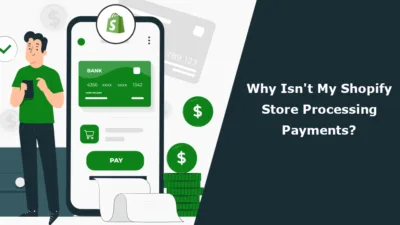

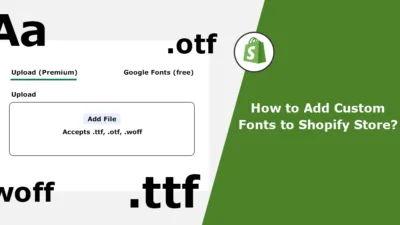
Greate informative content. Thanks for your kind information.